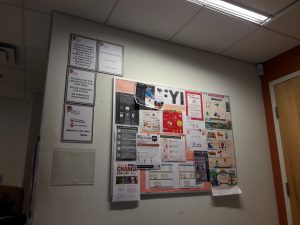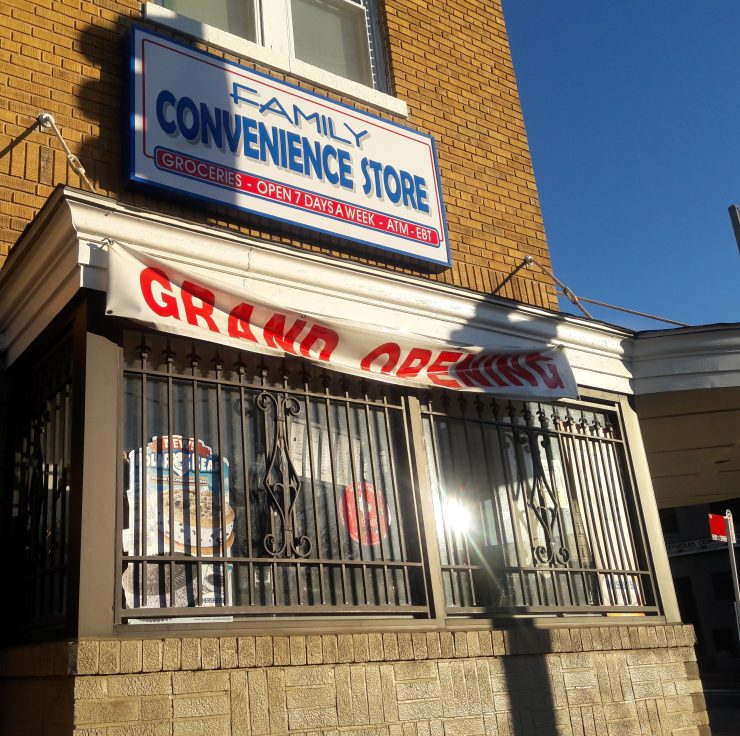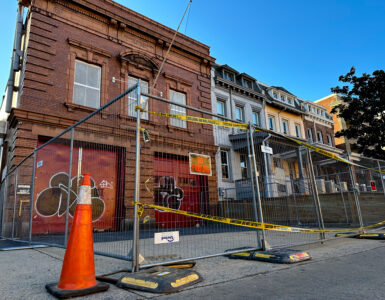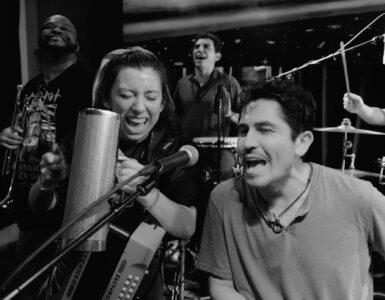34-year-old Leila Jones worries for the health of her two children because she is unable to provide them with balanced meals. Jones has a long family history of medical issues like diabetes and high blood pressure and tries to keep her kids off that road.
“I know I should be packing their school lunches or taking the extra time to monitor what they eat but when you work as much as me, it’s hard,” Jones said.
Columbia Heights is a neighborhood filled with many convenient food options like corner stores that are more affordable than Whole Foods or Giant Foods, that don’t offer many healthy options either. “I only ever have to really shop once a week and even then I still manage to have more cookies than carrots,” Jones said.
Health equity from a health professional
James Huang, board-certified family physician at Unity Healthcare’s Upper Cardozo Center, spoke on the need for health equity in a Ward 1 Comprehensive Plan meeting in November.
According to Huang, health equity focuses on addressing whatever assets or barriers that a person has and helps them elevate to their full potential of health.
“When I think about health equity that means that a person regardless of who they are, their socioeconomic background, their education or where they live has the opportunity to achieve the highest level of health,” Huang said.
Medical specialists in D.C. have coined the term “social determinants of health” when categorizing the issues that influence a patient’s health.

The determinants can affect everyone, but there is a difference in the degree of how it changes someone’s health and the severity. “For example, you could have a college degree and work 9-to-5 but that’s still a determinant of health because it’s affecting your ability to have a higher paying job. It just affects different groups in different ways,” said Huang.
According to Huang, the healthcare center looks at a patient’s health to determine that only 20% of their well-being is affected by internal issues. The other 80% is affected by someone’s living situation, access to healthy foods, education, housing and employment status.
“When we think about health equity in Columbia Heights one thing is that we have access to a good amount of grocery stores and corner stores, but there is an issue around healthy eating and nutrition,” Huang said. “There’s an issue of really understanding what is impacting your health through food.”
Huang proposes there be education around eating healthy and becoming equipped with certain knowledge on what foods to avoid.
“Sometimes it’s easier to grab a soda at the corner market versus carrying a bottle of water.”
Huang is concerned that in Columbia Heights healthy eating options are skewed toward unhealthy fast foods.
“A lot of our families are working multiple jobs with a lot of long hours so that often translates to less time at home, maybe having barriers to preparing healthy food because it does take time,” Huang said.
The District has an insured rate of 95% with good access to healthcare, but many healthcare facilities lack clinicians. For example in certain wards obstetrician-gynecologists are limited. “When looking at other wards in the city, if you look at the concentration amount of clinicians who are providing primary care in other specialty services that is actually the issue,” Huang said.
This program does what?
The Comprehensive Plan is a 20-year framework that aims to grow and develop in areas ranging from land use to health equity. Washington D.C. Mayor Muriel Bowser has a goal of creating an environment that is equitable for everyone to achieve their highest level of health, despite independent factors.
Columbia Heights farmers’ market also provides a produce plus program which helps residents of D.C. who are on government assistance to get access to fruits and vegetables from June to December.

The Columbia Heights health center provides a wellness program for families around nutrition and physical activity once a week. The program works with families on how to eat healthy on a budget, connects them to different resources and physical activities to address the higher rates of unhealthy eating in the neighborhood.
The community’s health center also enforces language programs for their population of patients that speak Spanish and the official language of Ethiopia, Amharic. “We also offer a community partners program with Capital bike share which provides a one-year membership at a lower cost, helmets and free biking classes are included,” Huang said.
What’s next
The D.C. Department of Health created the Office of Health Equity to address the social determinants of health. The D.C. Healthy People 2020 Framework will increase and diversify partnerships to improve health.
Huang wants the community to question how they can work around the related issue of affordability in the neighborhood.
“How can we address the work hours of parents in order to afford housing, thus contributing to the increased need for working more and having a higher income to live in Columbia Heights,” Huang said calling for action.















Add comment